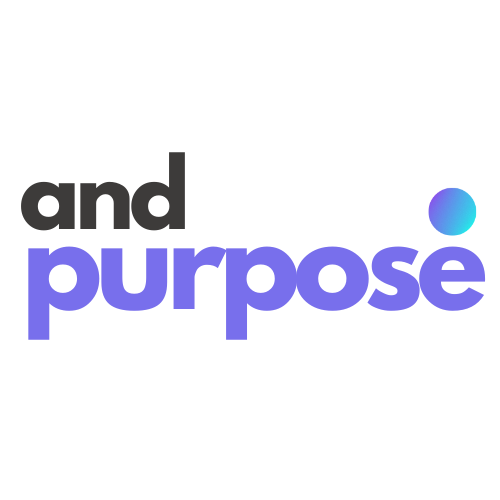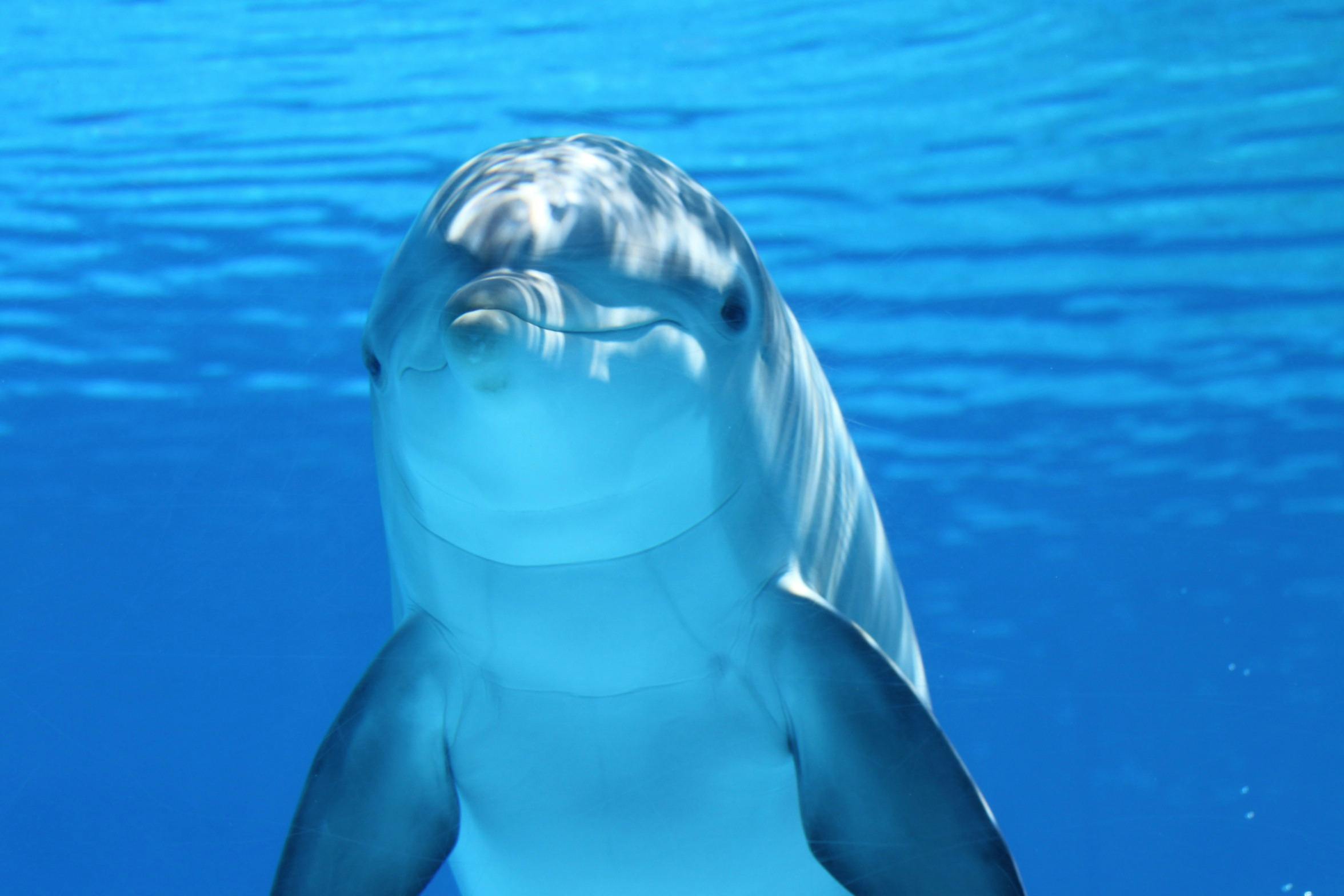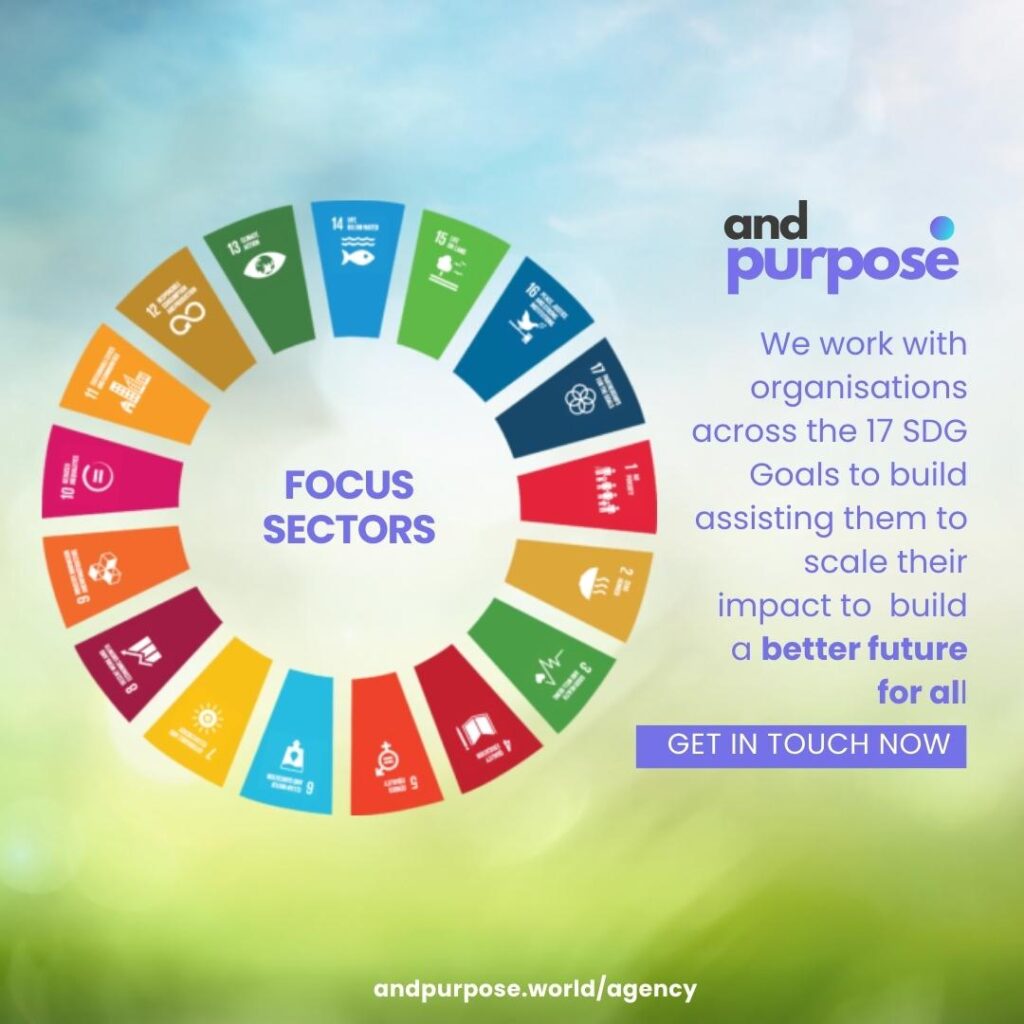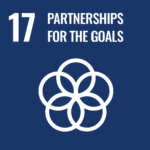CFPs: Furturistic Marine Research for Fostering High Performance Biomanufacturing under BioE3 policy
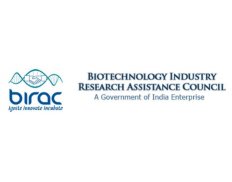
Application Deadline:
14 August 2025
About Organisation
The Department of Biotechnology (DBT), Government of India, and its public sector enterprise, the Biotechnology Industry Research Assistance Council (BIRAC), are jointly steering India’s BioE3 policy vision to build a high‑performance, sustainable biomanufacturing economy. DBT drives national biotechnology strategy, funds frontier science, and forges academia–industry partnerships. BIRAC operationalises that vision by de‑risking innovation, providing catalytic funding across Technology Readiness Levels (TRLs), and creating enabling policies, IP frameworks, and incubation/acceleration support for start-ups, SMEs, and consortia. Together, DBT–BIRAC are now focusing on futuristic marine research to unlock India’s vast oceanic resources and space for food, energy, chemicals, materials, and climate solutions, thereby easing pressure on terrestrial ecosystems. The present call intends to stitch discovery science to scalable biomanufacturing, promote integrated networks, and close the notorious “valley of death” between proof‑of‑concept and market-ready solutions. Emphasis is on seaweed/algal biotechnology, ocean farming, green processing, novel enzymes, and aquatic animal health bioproducts, aligned with national priorities on circular bioeconomy, decarbonisation, and blue economy growth.
About the Grant
DBT and BIRAC invite proposals under “Futuristic Marine Research for Fostering High Performance Biomanufacturing” to create an ocean-centric biomanufacturing ecosystem. The call has two categories. Category 1: Discovery & Application‑Oriented Integrated Network Research (TRL 3–5) seeks cutting‑edge science with clear translation pathways. Focus areas include: seaweed cultivation R&D (breeding for yield, disease and climate tolerance, genome-assisted strain improvement, germplasm/seed banks, land-based cultivation), microbiome exploration for commercial use, integrated multi‑trophic aquaculture, recombinant thermo/halostable enzymes for algal biomass conversion, scalable offshore/onshore farming methods, and value‑added products from micro/macroalgae (biofuels, animal feed supplements for health/methane reduction, agri‑inputs/fertilisers, pharmaceuticals, nutraceuticals, biodegradable plastics, etc.). Category 2: Bridging the Gaps for Scale‑Up targets proof‑of‑concept to early/late validation and pre‑commercialisation. Themes include: ocean farming technologies (in‑situ sensors for crop health/farm integrity, depth cycling to harness deep‑sea nutrients, energy‑efficient on‑site dewatering), green processes for industrial polysaccharides (agar/agarose, alginates, carrageenan), nutraceuticals/cosmeceuticals/therapeutics/pigments/food additives/plant growth products, bio‑crude/microbial oil/biofuels, and biomanufacturing of aquatic animal health products (probiotics, immunostimulants/modulators, bio‑augmenters). Multi‑institutional, interdisciplinary consortia are encouraged.
Who can Apply?
Companies incorporated under the Companies Act, 2013, including start-ups.
Limited Liability Partnerships (LLPs) registered under the LLP Act, 2008.
Academic/R&D organisations, Universities, Institutes, Societies, Trusts, NGOs, Foundations, Voluntary Organisations recognized as SIROs.
Consortia between any of the above (industry–academia partnerships strongly encouraged) are eligible, with clearly defined roles, IP and revenue‑sharing, and lead applicant responsibility.
Entities must be Indian registered and compliant with applicable ownership/control guidelines.
Proposals must align with the chosen category’s TRL expectations (Category 1: TRL 3–5; Category 2: scale‑up to validation/pre‑commercial stages).
Teams should demonstrate relevant technical expertise, access to necessary facilities (labs, pilot plants, farms, oceans/offshore infrastructure), and a sound data management, regulatory, and EHS (environment, health, safety) plan.
Clear milestones, go/no‑go criteria, IP strategy, and a credible commercialisation/translation roadmap are required.
Prior ethics, biosafety, and environmental clearances (as applicable) must be planned and obtained during execution.
International collaborators may participate in a non‑funded capacity, subject to DBT–BIRAC rules (if applicable).
How to Apply?
Choose the appropriate category. Form a qualified team/consortium, map TRLs, milestones, work packages, timelines, and a justified budget. Prepare technical, commercialisation, IP, regulatory/EHS, and risk‑mitigation plans. Compile required statutory and SIRO/registration documents. Submit the complete proposal through the designated BIRAC online submission system/e‑portal before the deadline, ensuring all annexures, endorsements, and declarations are uploaded.
Application Deadline
Last Date To Apply
For more information, please visit the grant website here.
